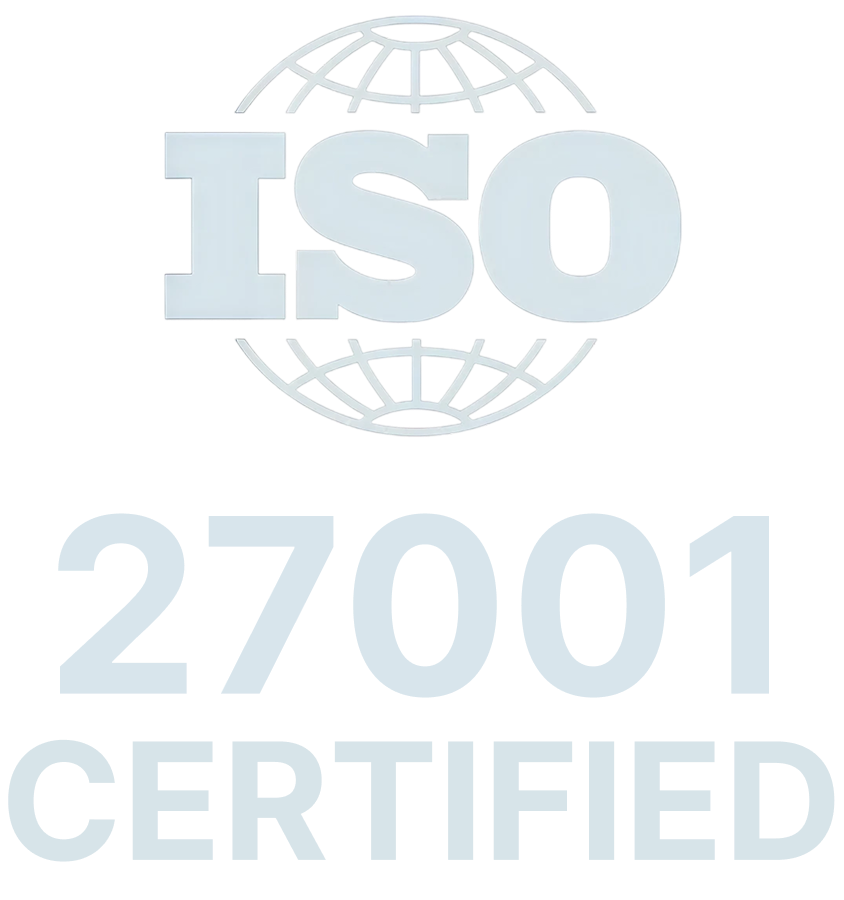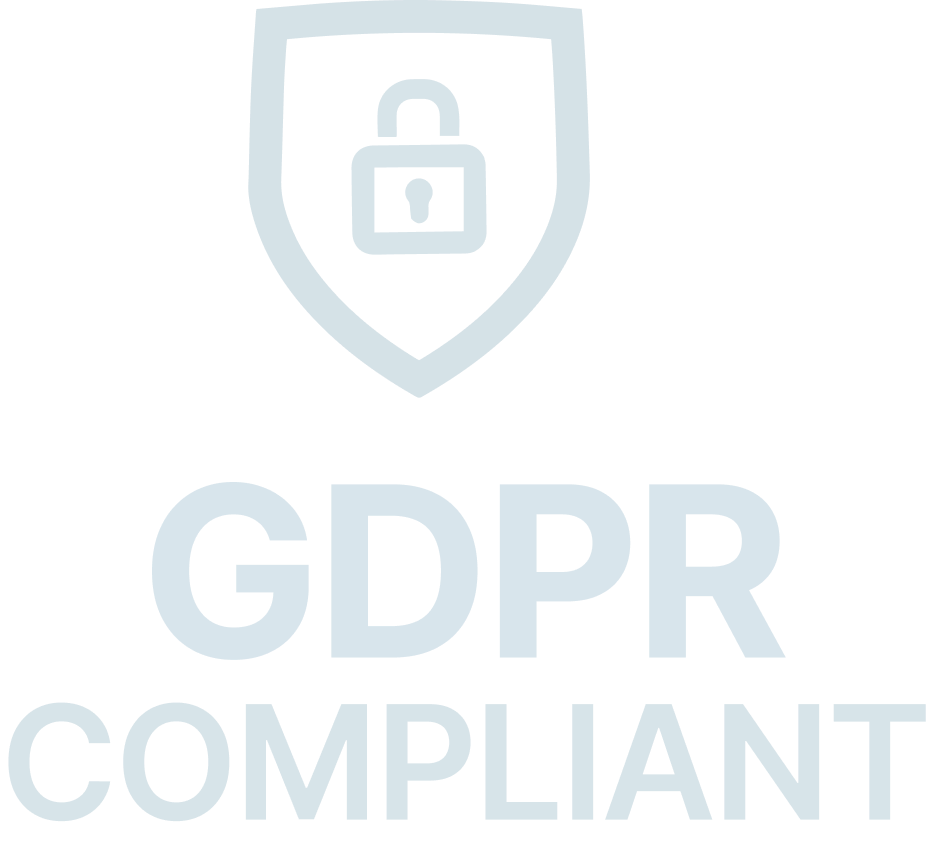Project management tools are essential aids used in the planning, implementation, and control of projects to make work more effective and efficient. They help project teams maintain an overview of tasks, schedules, resources, and communication, thereby realizing successful projects. This glossary entry introduces the different functions and types of project management tools, as well as their application and selection.
Definition
Project management tools are software applications used to support the planning, execution, and control of projects. They encompass various functions and methods to assist project teams in organizing tasks, schedules, resources, and communication and to ensure the success of projects.
Functions of Project Management Tools
Project management tools offer a variety of functions specifically designed for the needs of projects, including:
- Task Management: Capturing, assigning, and tracking tasks and their progress.
- Scheduling: Creating and adjusting schedules, milestones, and deadlines.
- Resource Management: Planning and controlling resources such as personnel, materials, and budget.
- Communication and Collaboration: Providing tools for communication and collaboration for the project team and stakeholders.
- Documentation: Managing project documents and knowledge management.
- Risk and Quality Management: Identifying, evaluating, and controlling risks and quality in projects.
- Reporting and Analysis: Generating reports and dashboards to monitor project progress and aid decision-making.
Types of Project Management Tools
There are various types of project management tools that differ in scope, functionality, and application area, including:
- All-in-One Tools: These provide a comprehensive solution for all aspects of project management, from planning to evaluation.
- Task Management Tools: These focus on managing tasks and their progress.
- Time Management Tools: These tools assist in planning and monitoring schedules and deadlines.
- Collaboration Tools: These support the collaboration and communication within the project team.
- Resource Management Tools: These enable the planning and control of resources such as personnel, materials, and budget.
- Specialized Project Management Tools: These are tailored to specific industries or project management methods, such as agile project management tools or tools for construction projects.
Application in Different Project Phases
Project management tools can be used in all phases of a project to maintain an overview and work effectively:
- Initiation: In this phase, project management tools can be used to create project proposals, identify stakeholders, and define project goals.
- Planning: In the planning phase, the tools support the creation of schedules, resource plans, risk analyses, and communication plans.
- Execution: During the implementation of the project, project management tools help monitor and control progress, communication and collaboration, and resource management.
- Closure: At the conclusion of the project, the tools can assist in creating final reports, documenting lessons learned, and archiving project documents.
Selection of Project Management Tools
When selecting the right project management tool, various factors should be considered:
- Needs and Requirements: Identify the specific needs and requirements of your project and team to select the appropriate tool.
- Integration: Ensure that the tool can be integrated into your existing systems and workflows to ensure smooth operations.
- User-Friendliness: An intuitive and user-friendly tool promotes acceptance and use within the team.
- Scalability: Choose a tool that can grow with the requirements of your project and is also suitable for future projects.
- Cost-Effectiveness: Compare the costs and the range of functions of various tools to determine the best value for money.
[.b-related-article]The best project management software: You should know these 7 tools[.b-related-article]
Conclusion
Project management tools are indispensable helpers in planning, executing, and controlling projects. They support project teams in maintaining an overview of tasks, schedules, resources, and communication, thereby realizing successful projects. When selecting the right tool, the specific needs and requirements of the project and the team should be considered to achieve optimal results.

















